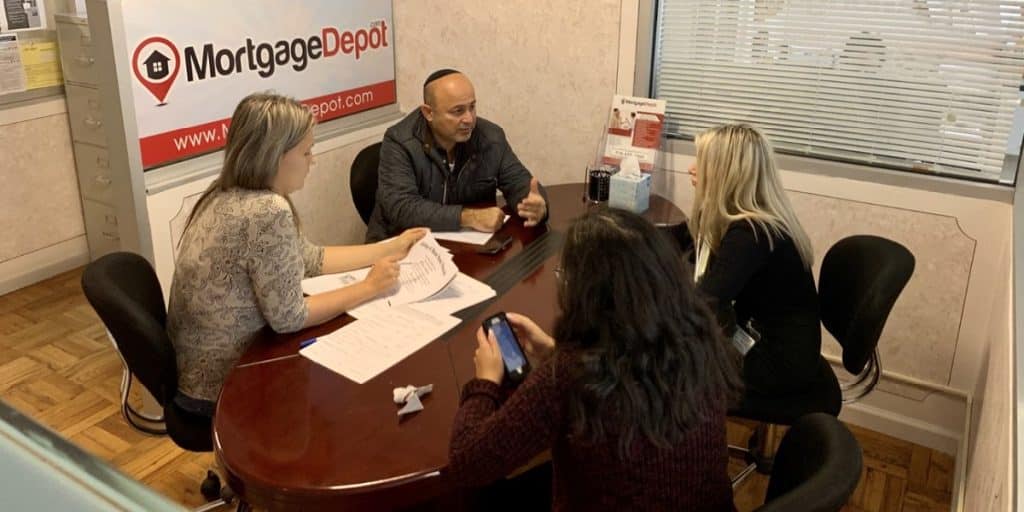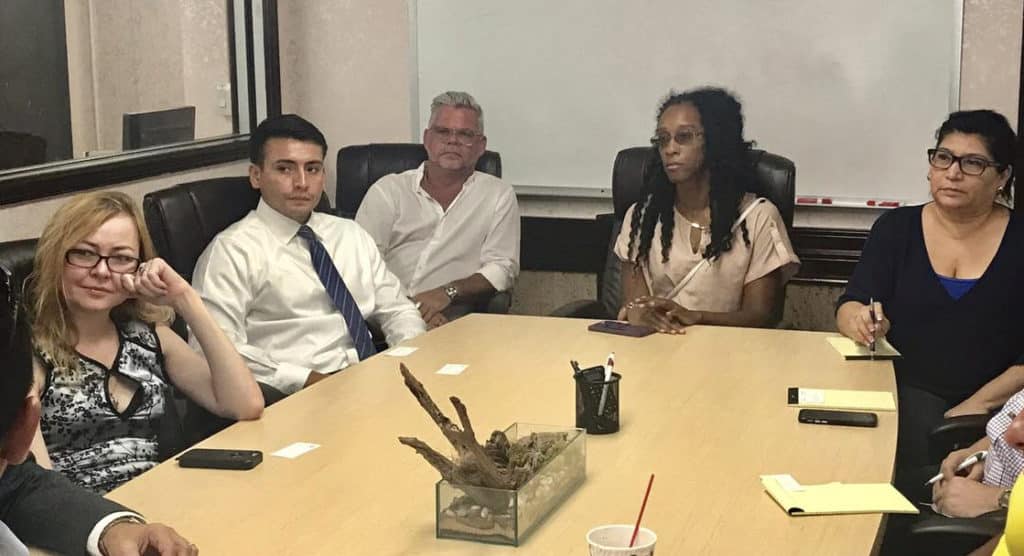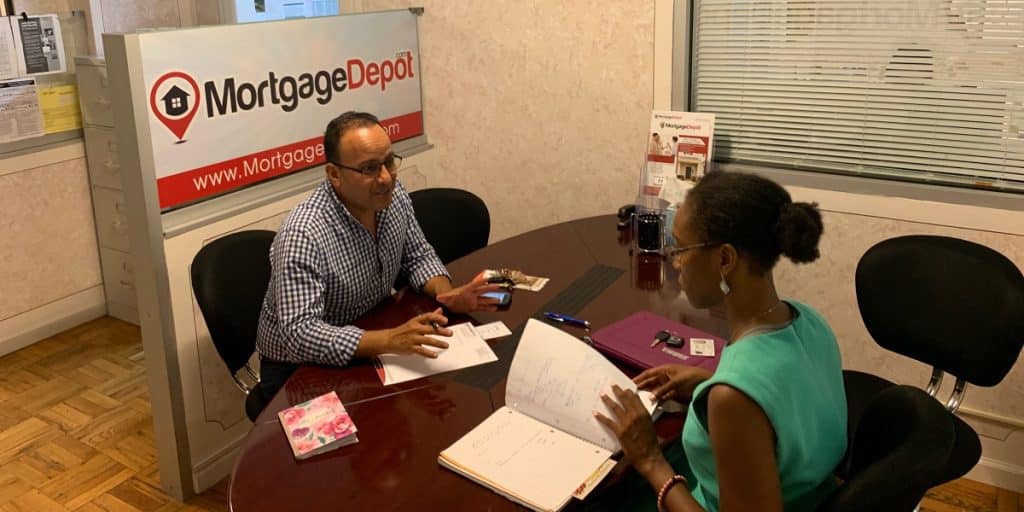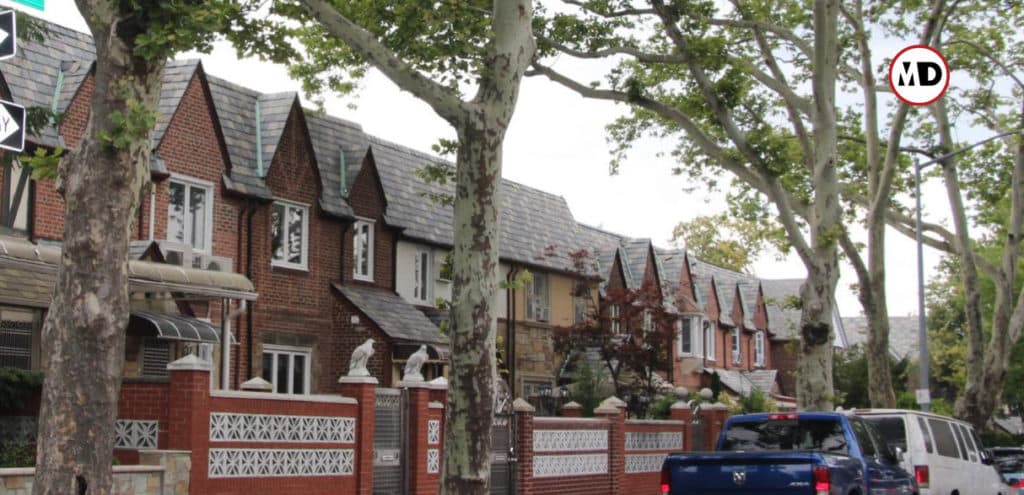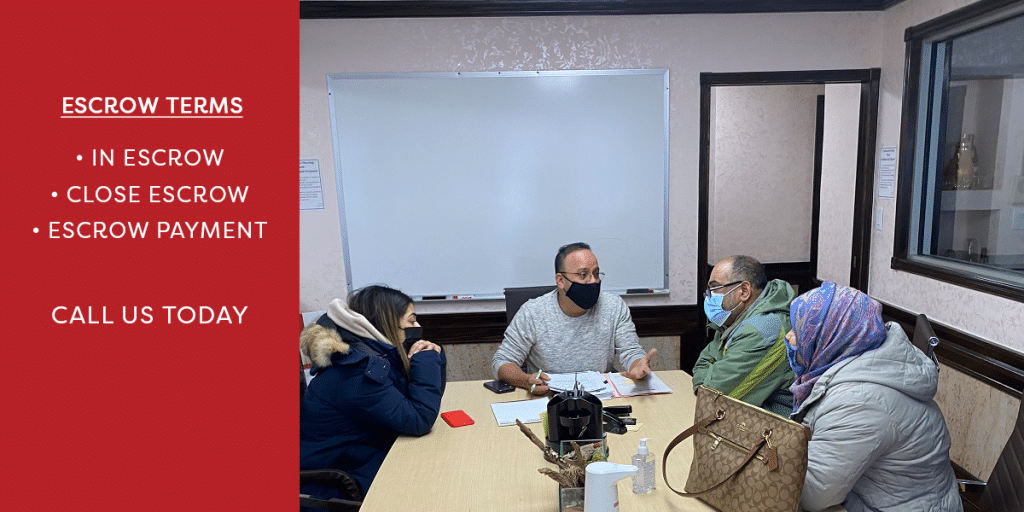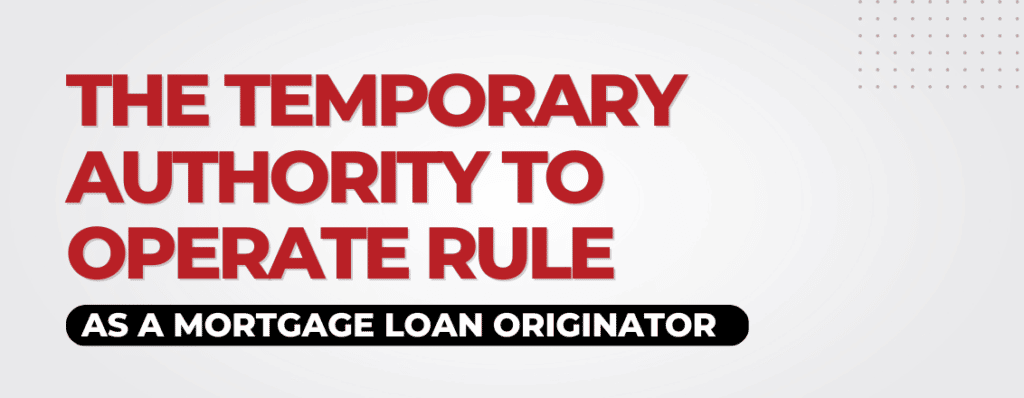
New rules apply to mortgage loan originators seeking licensing
The Secure and Fair Enforcement for Mortgage Licensing Act of 2008, commonly referred to as the SAFE Act, was enacted to protect consumers by creating a nationwide system for licensing and registering mortgage loan originators to supplement existing state systems. A recent amendment to the law now makes it easier for mortgage loan originators to move between the federal and state systems or from one state to another. At MortgageDepot, our ability to recruit top loan officers to work with our borrowers will be enhanced by the new rules.
What is a mortgage loan originator?
A mortgage loan originator assists borrowers by taking applications for residential mortgage financing. An MLO also negotiates terms of the mortgage loan with lenders on behalf of a borrower. MLOs receive compensation from borrowers or lenders for the services they perform.
The SAFE Act requires that MLOs employed by banks, credit unions and other financial institutions accepting deposits insured under federal law be licensed and registered through the federal registry. MLOs employed by mortgage companies and other financial institutions that do not offer deposit accounts must be registered and licensed through the state in which they do business.
What does the granting of temporary authority mean to an MLO?
The amendment to the SAFE Act permits licensed MLOs to continue to originate loans under temporary authority while seeking licensing in a different jurisdiction. For example, an MLO licensed and registered under the federal system may go to work for a mortgage company and continue to originate loans while waiting to be licensed and registered in by the state. Temporary authority also permits MLOs to apply for licensing in multiple jurisdictions without losing the ability to originate loans during the application process.
Who may apply for temporary authority?
An MLO must be employed by a mortgage company that holds a license granted by its state licensing agency in order to be granted temporary authority. The MLO must also meet at least one of the following criteria to be granted temporary authority:
- Be registered for at least one year through the National Mortgage Licensing System prior to submitting an application and being granted temporary authority; or
- Hold a state license as an MLO for at least 30 days prior to being granted temporary authority.
The existence of any of the following factors would disqualify a person from receiving temporary authority:
- Previous denial, revocation or suspension of a license;
- Existence of a cease-and-desist order against the applicant; or
- Conviction of a felony or misdemeanor if the conviction would prohibit licensing under the law of the particular state.
Temporary authority begins on the date a person submits a completed application for licensing as an MLO. It terminates upon the occurrence of the earliest of the following events:
- Withdrawal of the application for licensing as an MLO;
- Denial of the application or notification to the applicant of the state agency’s intention to deny it;
- Granting of the license by the state; or
- 120 days from the date of submission of an incomplete application.
When does the law granting temporary authority begin?
Amendment of the SAFE Act permitting the granting of temporary authority to originate loans was signed in to law in 2018, but its effective date is November 24, 2019. MLOs applying for licensing prior to the effective date cannot be granted temporary authority under the law even though the application is still pending after the effective date.
What must a person include in the application for a license to be eligible for temporary authority?
An application for licensing as an MLO must include the following:
- Completion of licensing form MU4 containing information about the applicant’s personal history and experience;
- Supporting documentation and explanation of any disclosure question answered in the affirmative;
- Record of criminal history obtained from the FBI;
- Authorization for completion of a credit report;
- Worker classification information; and
- Sponsorship request directed to the applicant’s employer.
The application must include any state-specific documents and information, including proof of completion of education requirements imposed as a condition to submission of the application for licensing. Applicants must take and pass the SAFE Act test, which assesses the person’s knowledge and understanding of professional ethics, state and federal laws and regulations, and loan origination practices.
Can an MLO seek licensing and temporary authority in multiple jurisdictions?
Nothing in the SAFE Act prevents an MLO from submitting applications for licensing to originate loans to multiple states. The rules pertaining to the granting of temporary authority would not prevent an eligible MLO from receiving temporary authority in each state to which an application for licensing is submitted.
The Conference of State Bank Supervisors interprets the amended SAFE Act as providing the opportunity for loan originators to expand beyond originating loans for only one bank or only within one jurisdiction. The CSBS sees the law as an opportunity for MLOs to expand the scope of their operations.
Do loans originated under temporary authority remain valid if the license is denied?
Loans originated by an MLO acting under temporary authority remain valid even after denial of the licensing application. Loans that have not closed must be transferred by the lender to an employee licensed as an MLO in the state.
Does the law protect consumers working with MLOs with temporary authority?
The SAFE Act protects consumers who may be working with MLOs. The law sets net worth and surety bond requirements for all MLOs, including those working under temporary authority. It also requires that MLOs contribute to a recovery fund established to benefit consumers.
All MLOs, including those working under temporary authority, must comply with all provisions of the SAFE Act as well as the laws of the states they submit applications for licensing. MLOs with temporary authority are subject to the same enforcement provisions of the federal statute as are fully licensed MLOs.
Where can someone get more information about licensing of loan originators?
Anyone with questions about loan origination under state or federal law should contact us at MortgageDepot. We are a mortgage broker company working with lenders throughout the country to secure the most favorable mortgage financing for our borrowers.
Have questions or need help?
Call us now at 800-220-LOAN
Request a call back or email us your questions!



